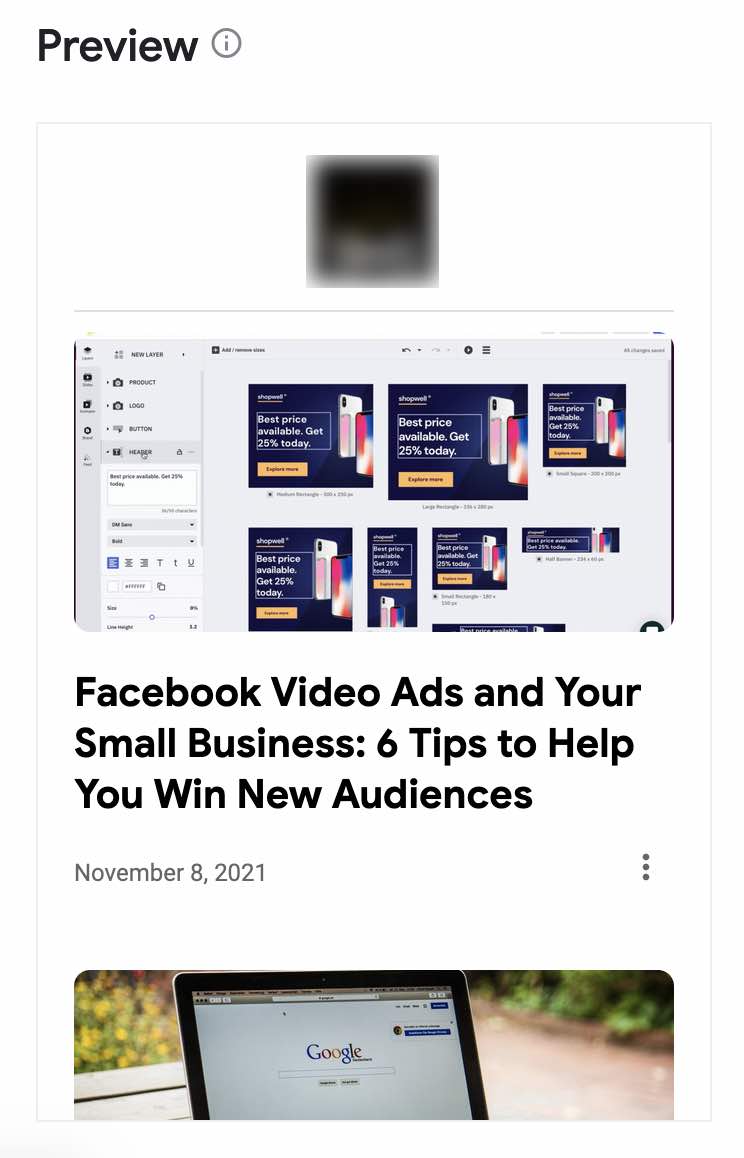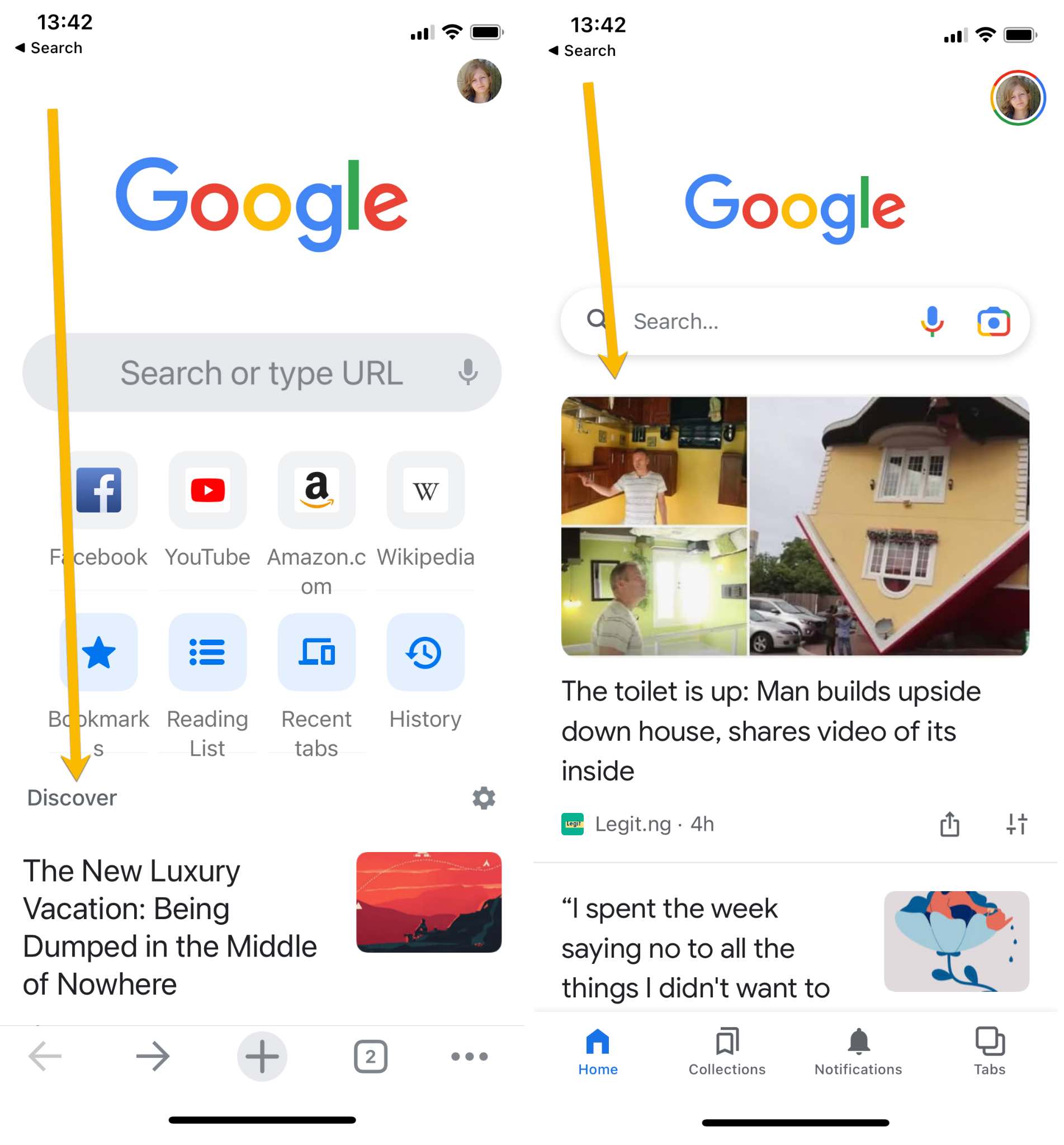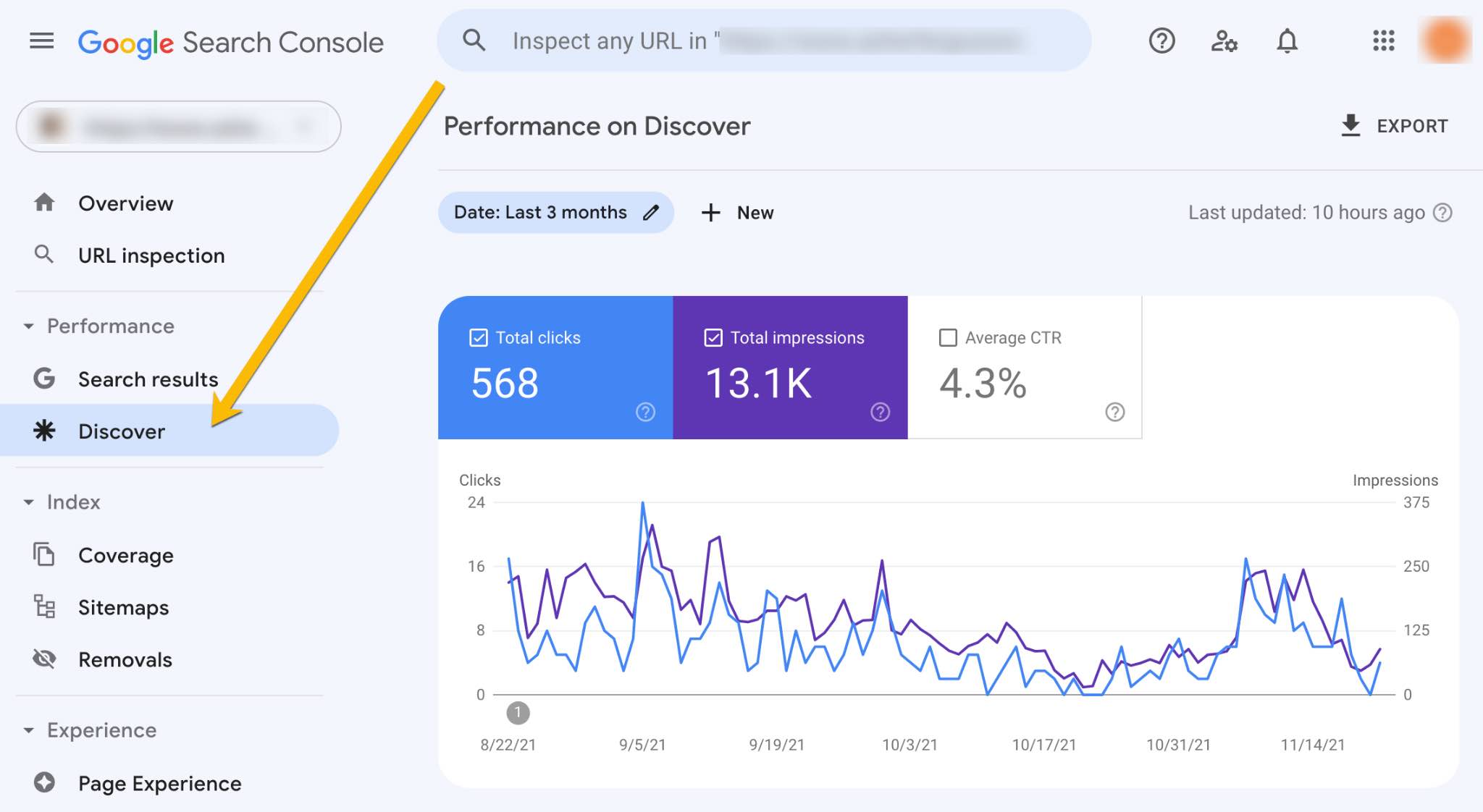Google is not just a search engine. It’s also a discovery engine.
The difference is huge. Searchers have an idea of what they are looking for. They know what they need.
But the discovery engine attempts to discern the interests of searchers regardless of their queries. In a sense, Google Discover informs searchers of what they need before they realize it.
Google Discover
Google Discover is a personalized feed for each user based on her browsing and search history. Discover appears only on mobile devices via the Google Chrome and Search apps.
This content is personalized and hence difficult to predict. Yet there are tactics to increase a site’s likelihood of showing up.
Google Discover can be a solid source of web traffic for ecommerce sites. Any site that Google indexes is eligible.
Optimizing for Discover is similar to Google News:
- Consistency. Publish new content regularly, although not necessarily frequently. I’ve seen sites generate traffic from Discover that publish just once a month or even once every two months.
- Expertise, authority, trust (E-A-T). Always assign a distinct author to each article (no generic admins) with a clear byline. Discover doesn’t like anonymous content. Convery clear E-A-T signals when optimizing for Discover, such as evidence of trust and expertise, published or revised date, and original text or data.
- Featured image. Discover requires posts to include a quality, featured image of at least 1,200 pixels wide. Compress all images to allow fast loading without sacrificing quality.
- Original and fresh content. Content doesn’t have to be newsworthy or long — just unique and helpful. To understand what Discover looks for, subscribe to your target topics (called “Interests” in the Chrome mobile app) in Discover. Then check the section regularly.
- Videos. Discover displays diverse types of content. According to Semrush, YouTube is a prime source. An added benefit of videos is the potential to rank in organic-search carousels, which I addressed last month. Be sure to include in the videos your business name, logo, and URL for brand awareness and traffic.
- Mobile-friendly. Finally, pages must be mobile-friendly because Discover is mobile-only. And provide a good user experience as defined by Google’s Core Web Vitals.
- Publisher Center. Google no longer requires publishers to apply for Google News, but it recommends adding sites to Publisher Center. Content that ranks in Google News has a better chance of appearing in Discover. Another benefit of Publisher Center is previewing your site’s feed as it would appear in the News app, which looks very similar to Discover.

A benefit of Publisher Center is previewing your site’s feed as it would appear in the News app, which looks similar to Discover.
Analyzing Discover Traffic
Visits from Discover are shown as direct traffic in Google Analytics. Search Console includes additional insights, providing a “Discover” section.
This section shows impressions, clicks, and click-through rates from Discover in the previous 16 months. Monitor these clicks and patterns. Which pages were included? Why? Can you replicate that success? If you don’t see this section, your content has no clicks from Discover.
Keep Trying
Traffic from Discover is unpredictable. Nonetheless, there are multiple ways to increase your chances. Those include consistent, original content; demonstrated expertise and authorship; and fast, mobile-friendly pages. Monitor Search Console’s Discover section, and keep trying.






